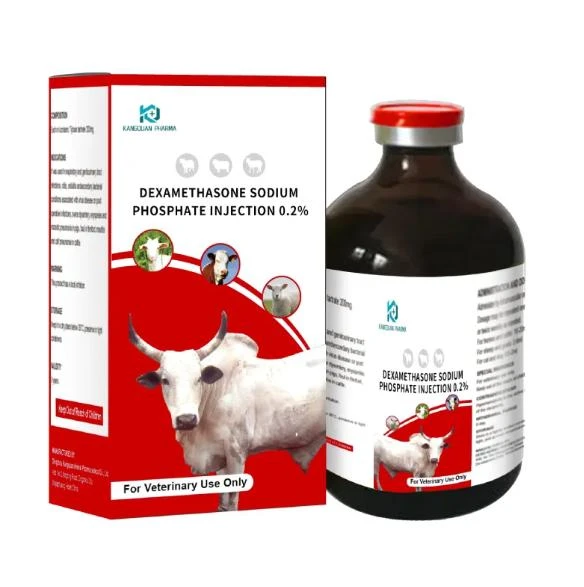- Afrikaans
- Albanian
- Amharic
- Arabic
- Armenian
- Azerbaijani
- Basque
- Belarusian
- Bengali
- Bosnian
- Bulgarian
- Catalan
- Cebuano
- Corsican
- Croatian
- Czech
- Danish
- Dutch
- English
- Esperanto
- Estonian
- Finnish
- French
- Frisian
- Galician
- Georgian
- German
- Greek
- Gujarati
- Haitian Creole
- hausa
- hawaiian
- Hebrew
- Hindi
- Miao
- Hungarian
- Icelandic
- igbo
- Indonesian
- irish
- Italian
- Japanese
- Javanese
- Kannada
- kazakh
- Khmer
- Rwandese
- Korean
- Kurdish
- Kyrgyz
- Lao
- Latin
- Latvian
- Lithuanian
- Luxembourgish
- Macedonian
- Malgashi
- Malay
- Malayalam
- Maltese
- Maori
- Marathi
- Mongolian
- Myanmar
- Nepali
- Norwegian
- Norwegian
- Occitan
- Pashto
- Persian
- Polish
- Portuguese
- Punjabi
- Romanian
- Russian
- Samoan
- Scottish Gaelic
- Serbian
- Sesotho
- Shona
- Sindhi
- Sinhala
- Slovak
- Slovenian
- Somali
- Spanish
- Sundanese
- Swahili
- Swedish
- Tagalog
- Tajik
- Tamil
- Tatar
- Telugu
- Thai
- Turkish
- Turkmen
- Ukrainian
- Urdu
- Uighur
- Uzbek
- Vietnamese
- Welsh
- Bantu
- Yiddish
- Yoruba
- Zulu
Dec . 22, 2024 00:29 Back to list
tylosin 200 mg
Tylosin 200 mg An Overview of Its Uses, Benefits, and Considerations
Tylosin is a macrolide antibiotic that plays a crucial role in veterinary medicine, particularly in the treatment of bacterial infections in animals. Belonging to the class of antibiotics that inhibit protein synthesis, Tylosin is commonly utilized to combat a range of infections caused by susceptible bacteria. One of its commonly administered forms is Tylosin 200 mg, which is often prescribed for livestock and poultry.
What is Tylosin?
Tylosin is derived from the fermentation of the bacterium *Streptomyces fradiae*. It has been widely recognized for its effectiveness against Gram-positive bacteria, some Gram-negative bacteria, and mycoplasmas. The drug is often used in veterinary medicine for both its therapeutic benefits and as a growth promoter in certain livestock, enhancing growth rates and feed efficiency.
Uses of Tylosin 200 mg
Tylosin 200 mg is commonly used in the treatment of respiratory infections, enteritis, and other types of bacterial infections in animals. It is notably effective in treating diseases such as
- Swine Respiratory Disease Tylosin is often administered to pigs suffering from pneumonia or other respiratory issues. It effectively reduces the bacterial load and allows the animals to recover more rapidly. - Chronic Respiratory Disease in Poultry For chickens, Tylosin can be employed to treat chronic respiratory diseases caused by Mycoplasma, improving the overall health and productivity of the flock. - Bovine Disease It may also be administered to cattle to manage infections of the respiratory and digestive tracts.
Benefits of Tylosin 200 mg
The use of Tylosin 200 mg carries several benefits
1. Broad Spectrum of Activity Tylosin's effectiveness against various bacterial strains makes it a versatile choice for treating different infections. 2. Rapid Absorption Tylosin is absorbed quickly in the gut, leading to rapid therapeutic levels in the bloodstream, which can accelerate the healing process.
3. Reduced Need for Steroids In many cases, Tylosin can help reduce inflammation without the need for steroid treatments, which can have more extensive side effects.
tylosin 200 mg

4. Improved Livestock Production As a growth promoter, Tylosin can help improve feed conversion ratios in livestock, supporting economic outcomes for farmers.
5. Safety Profile When used correctly according to veterinary guidance, Tylosin generally has a favorable safety profile with minimal side effects.
Considerations and Precautions
While Tylosin 200 mg is generally safe for animal use, there are important considerations to keep in mind
1. Proper Dosage Dosage varies based on species, age, and specific conditions being treated. Always consult a veterinarian for the appropriate dosing regimen.
2. Withdrawal Times Animals treated with Tylosin should not be slaughtered for food until after the established withdrawal period to ensure that drug residues are not present in the meat.
3. Potential Resistance As with any antibiotic, there is a risk of developing antimicrobial resistance if Tylosin is overused or misused. Careful management of antibiotic use in animals is essential to minimize this risk.
4. Side Effects While the risk is low, some animals may experience gastrointestinal upset. Monitoring after administration is advisable to catch any adverse reactions early.
5. Regulatory Compliance Farmers and veterinarians must adhere to local regulations regarding the use of antibiotics in livestock to ensure the safety of food products.
Conclusion
In summary, Tylosin 200 mg plays a significant role in veterinary medicine, offering effective treatment options for a variety of bacterial infections in animals. Its broad-spectrum action, rapid absorption, and potential for promoting growth make it a valuable tool for livestock producers. However, mindful use, adherence to veterinary guidance, and consideration of regulatory practices remain essential in order to ensure the safety and well-being of animals as well as the humans consuming animal products. Through responsible use, Tylosin can continue to be an important component of livestock health management.
-
Guide to Oxytetracycline Injection
NewsMar.27,2025
-
Guide to Colistin Sulphate
NewsMar.27,2025
-
Gentamicin Sulfate: Uses, Price, And Key Information
NewsMar.27,2025
-
Enrofloxacin Injection: Uses, Price, And Supplier Information
NewsMar.27,2025
-
Dexamethasone Sodium Phosphate Injection: Uses, Price, And Key Information
NewsMar.27,2025
-
Albendazole Tablet: Uses, Dosage, Cost, And Key Information
NewsMar.27,2025













